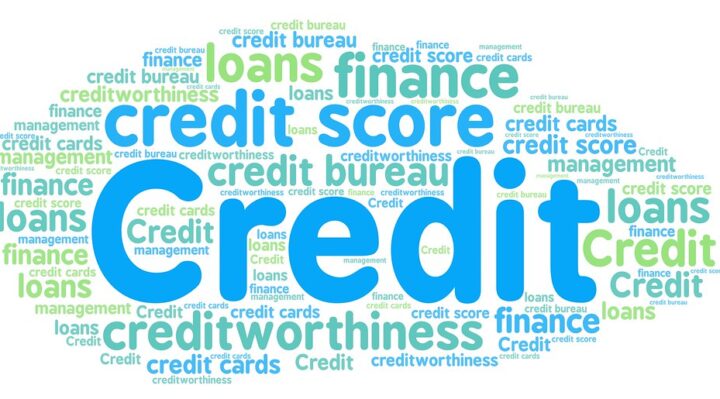If you’re looking to buy a house, apply for a loan, or even rent an apartment, you’ll likely need a good credit score. A credit score is a three-digit number that represents your creditworthiness, and it’s used by lenders to determine if you’re a good candidate for a loan or credit card.
In this article, we’ll cover tips and strategies for managing your credit score to help you achieve your financial goals.
Understanding Credit Scores
Before we dive into tips and strategies for managing your credit score, it’s important to understand how credit scores work. Your credit score is determined by various criteria, including your payment history, credit utilization, credit history length, credit categories, and current credit queries.
Your payment history is the most significant factor in your credit score, accounting for 35% of the total score. This means that paying your bills on time is critical to maintaining a good credit score. Credit utilization, or the amount of available credit you’re using, accounts for 30% of your credit score.
Other factors, like the length of your credit history, the types of credit you have, and recent credit inquiries, account for the remaining 35% of your credit score.
Payment history is the most significant factor in your credit score, accounting for 35% of the total score. This means that paying your bills on time is critical to maintaining a good credit score. Even one missed or late payment can hurt your credit score, so it’s essential to make on-time payments.
Tips for Managing Your Credit Score
Now that you understand what factors affect your credit score, let’s look at some tips for managing your credit score.

Make on-time payments
As we mentioned earlier, your payment history is the most significant factor in your credit score. This means that paying your bills on time is critical to maintaining a good credit score. Even one missed or late payment can hurt your credit score, so it’s essential to make on-time payments.
Keep credit utilization low
Credit utilization, or the amount of available credit you’re using, is another critical factor in your credit score. Ideally, your credit utilization should be less than 30%. For example, if you have a $1,000 credit card limit, you should attempt to maintain your balance around $300.
Maintain a diverse mix of credit
Having a diverse mix of credit, like a mortgage, car loan, and credit cards, can help improve your credit score. Lenders want to see that you can manage various sorts of credit responsibly.
Monitor your credit report
It’s essential to monitor your credit report regularly to ensure that there are no errors or fraudulent activity. Every 12 months, you are entitled to a free credit report from each of the three major credit bureaus: Equifax, Experian, and TransUnion.
Avoid closing credit accounts
Closing credit accounts can hurt your credit score, especially if you have a long credit history. If you’re not using a credit card, it’s better to leave the account open and use it occasionally to keep it active.
Limit new credit applications
Every time you ask for credit, a hard inquiry is placed on your credit report, which might damage your credit score. So, it’s essential to limit new credit applications, especially if you’re planning to apply for a significant loan, like a mortgage or car loan, in the near future.
Strategies for Improving Your Credit Score
Don’t be concerned if you have a less-than-perfect credit score. You have various options for improving your credit score.
Pay down credit card balances
One of the most effective ways to improve your credit score is to pay down your credit card balances. High credit card balances can negatively impact your credit score, even if you’re making on-time payments. Personal Finance Tips.
Request a credit limit increase
Another way to improve your credit utilization ratio is to request a credit limit increase. This can help lower your credit utilization, as long as you don’t increase your spending.
Consider a balance transfer
Consider transferring your high-interest credit card debt to a card with a reduced interest rate. This will allow you to pay off your debts more quickly and boost your credit score.
Negotiate with creditors
Consider talking with your creditors if you’re having trouble making payments. They may be willing to work out a payment plan or even settle for less than the full amount owed.
The Importance of a Good Credit Score
Your credit score is a reflection of your financial responsibility and trustworthiness. A good credit score can help you secure better interest rates, lower insurance premiums, and even land your dream job. On the other hand, a poor credit score can limit your opportunities and make it difficult to achieve your financial goals.
Whether you’re looking to buy a house, apply for a loan, or even rent an apartment, your credit score plays a significant role in your ability to obtain credit. Lenders use your credit score to evaluate your creditworthiness and determine if you’re a good candidate for a loan or credit card.
Conclusion
Your credit score is an essential factor in your financial health, and managing it should be a top priority. By following these tips and strategies, you can improve your credit score and achieve your financial goals.
Remember to make on-time payments, keep your credit utilization low, maintain a diverse mix of credit, monitor your credit report, avoid closing credit accounts, and limit new credit applications.
By taking action to improve your credit score, you can open up new opportunities for yourself and your family.



